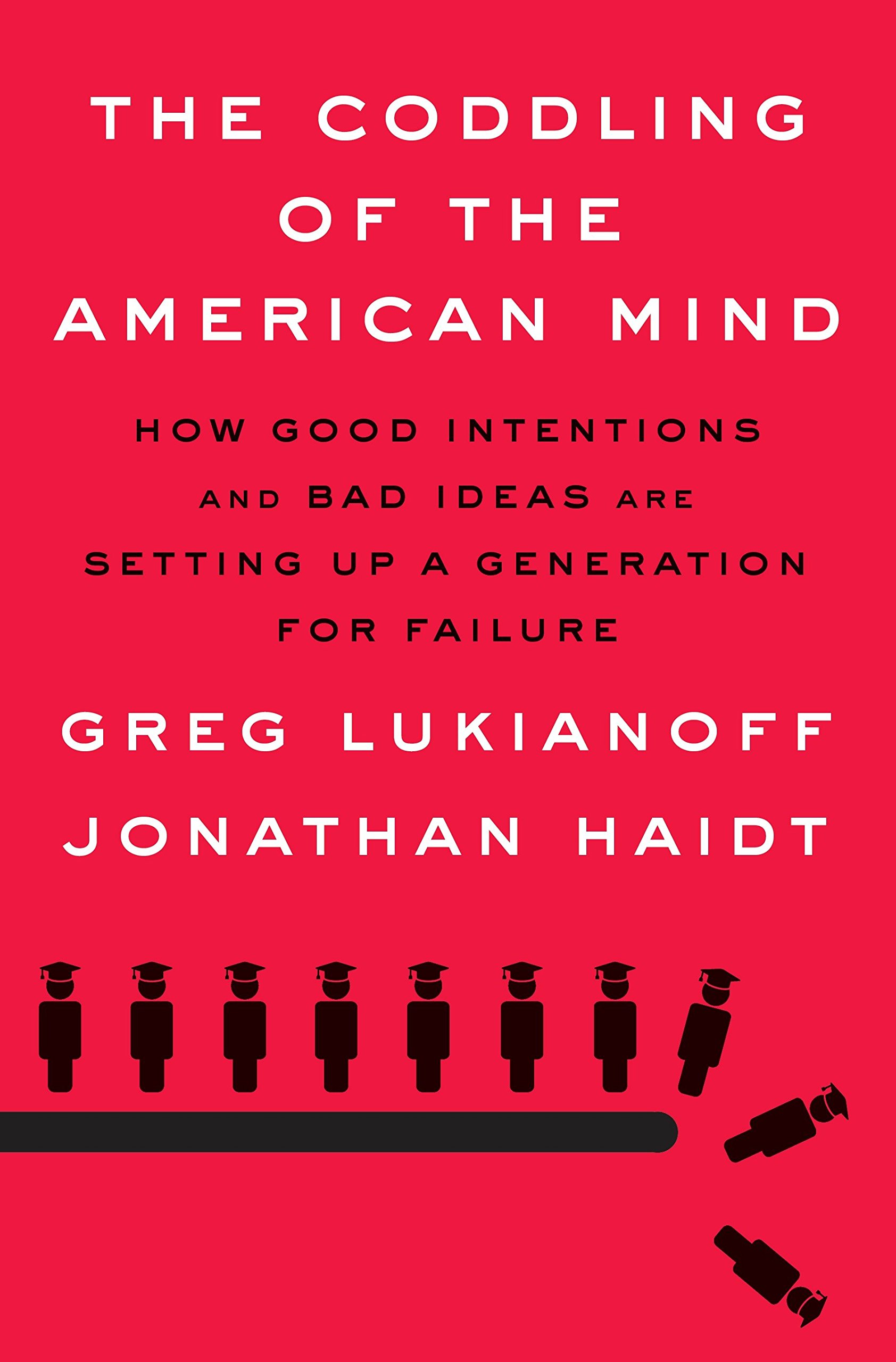Wow. I had a lot of hits to this blog yesterday, over 60. Today I’m trying for a day off. Eileen and I went out for breakfast. We will probably laze around this afternoon and look at a movie online. Nothing playing here or GR that we want to see.
Before the movie, we have to take Edison to the vet. He seems to be doing pretty well for a cat with something wrong with him (undiagnosed, possibly something wrong with his lower intestines, cancer?). We take him in for a monthly weigh in and shot of B vitamin (or something). This keeps him going.
I was playing with my hymnody stuff this morning, reading An Annotated Anthology of Hymnody by J. R. Watson and then cross checking it in The 1982 Hymnal Companion. I was reading up on the hymn, “Hail Thee Festival Day,” when I discovered a passage in the Hymnal Companion I couldn’t make head nor tail of. Then I remembered there was an Errata and Corrigenda tucked away. Sure enough, the passage I was reading had omissions in it. Then I noticed how many errors were in the correction guide, 7 pages worth. Good grief.
Also, this morning I was struck by a couple passages in In The Year of Our Lord 1943: Christian Humanism in an Age of Crisis by Alan Jacobs.
In the first Jacobs quotes Maritain on technology (remember Maritain is writing and thinking in the 40s).
“Technology is good, as a means for the human spirit and the human ends. But technocracy, that is to say, technology as understood and worshipped as to exclude any superior wisdom and any other understanding than that of calculable phenomena, leaves in human life nothing but relationships of force, or at best those of pleasure, and necessarily ends up in a philosophy of domination. A technocratic society is but a totalitarian one.”
Maritain quoted in Jacobs, p. 130
Jacobs picks up on this a few pages later (p. 134)
“Those with the most complete control over technology [C. S.] Lewis calls, bluntly enough, the Controllers, and the chief purpose of the concluding chapter of [C. S. Lewis’s book) The Abolition of Man is to ask what moral commitments are likely to direct the decisions of the Controllers. His answer is that the Controllers of our time have adopted an account of what human beings are—a theory of Man—that undercuts every possible motive for action except the ‘dream of power.’
“Controllers.” That would be Zuckenberg and Google as well as governments, business, and military.
Earlier in the book, Jacobs talks about the “death of deep education.” (Eileen quite likes the phrase, “deep education.” It does seem to describe what so many people lack.)
Explaining this Jacobs writes: “In Europe, what had primarily impeded genuine education was a false and ultimately poisonous model of group identity—as manifested, for instance, in an intrinsically ‘German physics’ that led the Nazi regime to expel most of its Jewish scientists. In America, the chief impediment to genuine education was technocratic pragmatism. Both paths, led, in their different ways, to the death of deep education and therefore, ultimately, to the death of genuine human culture.” p. 129
This points clearly to the takeover of emotion as a determining factor on our American campuses as opposed to reason. See the discussion on the new New York Times Book Review Podcast where Jonathan Haidt talks about his new book, co-written with Greg Lukianoff, “The Coddling of the American Mind: How Good Intentions and Bad Ideas Are Setting Up a Generation for Failure.”
